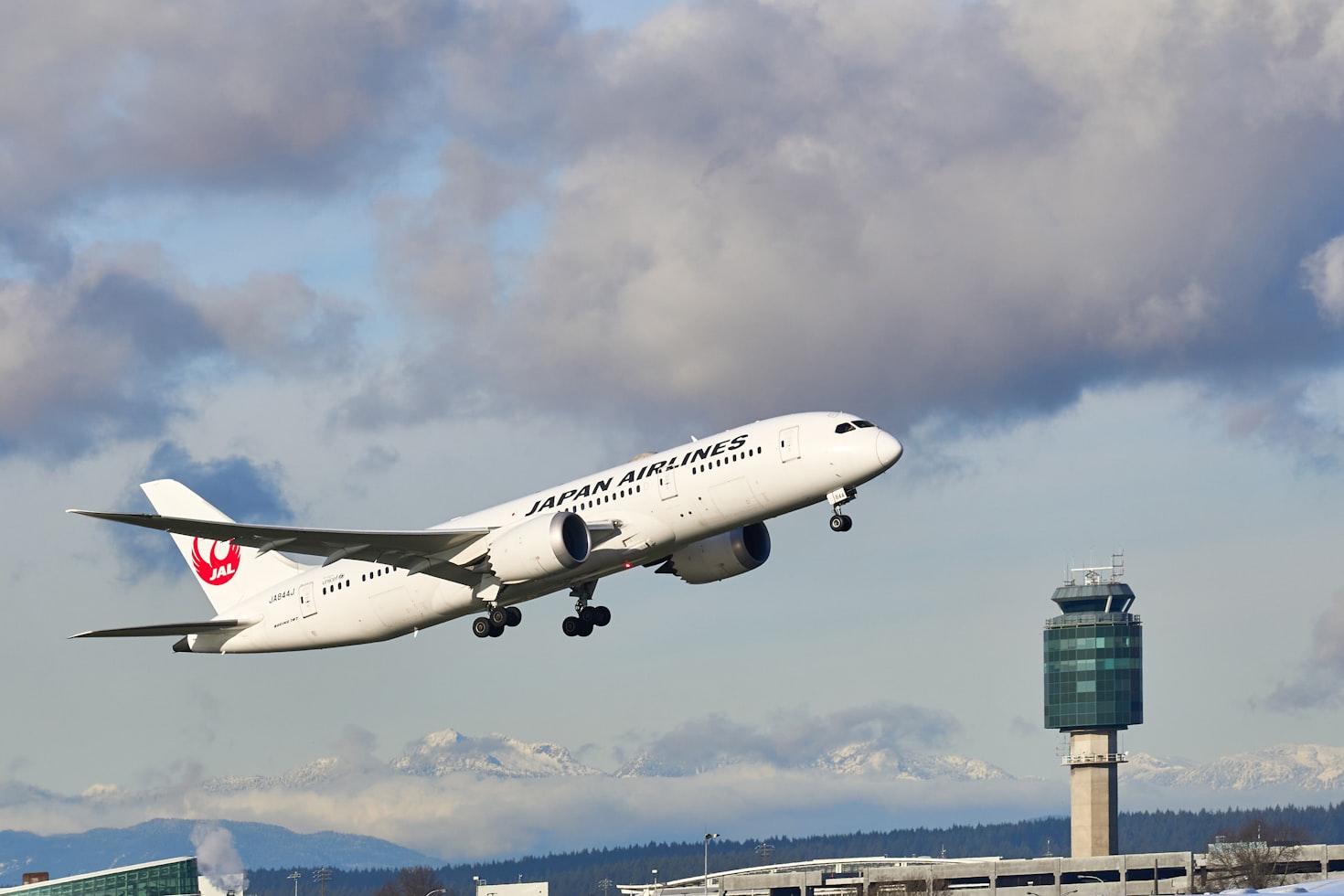During the COVID-19 pandemic, local and international air travel slowed down significantly. However, now that the borders are reopening and international travel is opening back up, airlines are responsible for adapting their protocols and strategies to fit the ‘new normal’ of travel and the tourism industry as a whole.
Let’s take a look at the pandemic’s impact on the future of air travel and how airlines can adapt to these changes.
With the pandemic, we’ve seen an increased focus on repurposing airlines to implement health and safety services in addition to their regular travel services, most notably in Japan Airlines. The airline company has offered more flexibility to their clients when it comes to changing and canceling their flights.

What’s more, Japan Airlines aims to accelerate the process of providing digital offerings and services to its clients when it comes to their flights. They are gradually implementing contactless booking services and biometric technologies throughout the customer journey to make it more seamless while also improving the health and safety practices required for the pandemic.
Business activities in the airline sector are beginning to recover, and with the increase of long-haul traffic, there are certain processes that airlines should speed up in order to boost their recovery.
Japan Airlines sets an example for airlines around the world by participating in a collaborative effort to fight against COVID-19. They share their vaccines and information regarding the disease while also building trust in the airline’s ability to protect customers from the pandemic.
Airlines should aim to reduce the fear and the hassle that comes with travel as well. These days, travelers are less concerned about their destination and more concerned about what it means to arrive at that destination - they are worried about whether or not they’re going to have to be quarantined, if they brought the right documents, if they’ll be safe, and so on.

The travel process should be made easier for the consumer so that they can feel more trust in their airline. To do this, airlines should provide their fliers with all of the necessary flying and travel requirements when they first make their booking so that the client knows exactly what to expect from the get-go.
It’s important that airlines provide Halal-certified meals in all of their routes, especially routes to and from destinations with high Muslim populations. What’s more, the provision of Halal meals should be treated as something very normal rather than something special, because eating Halal is normal.
It can be very alienating and isolating for Muslim fliers when airlines - and other tourism companies, for that matter - make it sound very special the fact that they offer Halal meals. Halal meals are normal, and it is essential that we change our mindsets to reflect this principle.
It is no secret that airlines and flights will open up further in the near future, and it is more important than ever for airlines to begin the preparations in adapting to the ‘new normal’ that we are transitioning into.
If you want to learn more about how the pandemic has affected air travel, you can watch the entire conference session by clicking the play button below.
Check out similar webinars, insights, and opinions from experts worldwide on what the future of Muslim travel holds in CrescrentRating’s Halal in Travel - Global Summit 2021 by clicking this link.